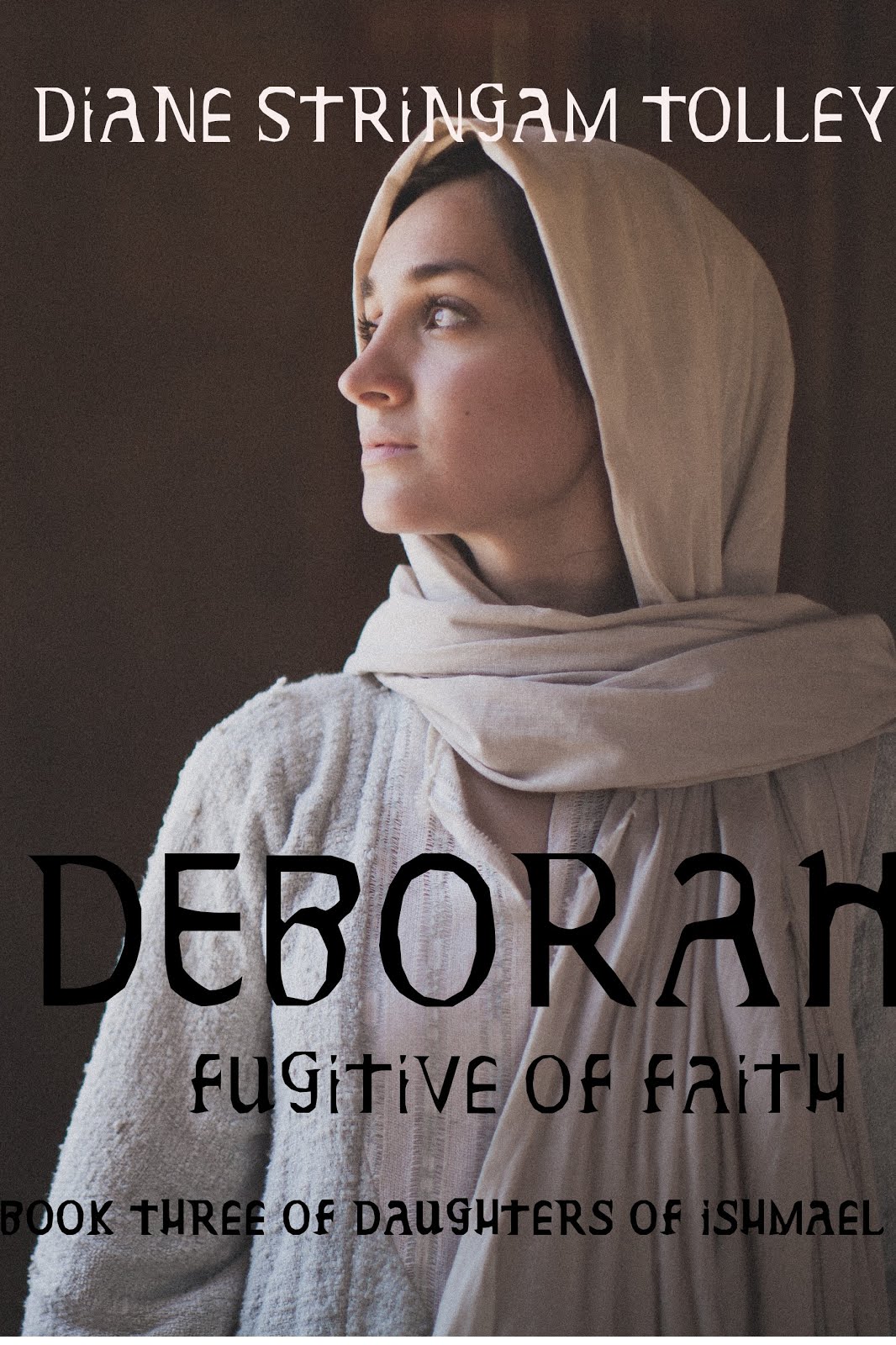A true story.
1981.
Carol’s big suburban slid into the parking lot of the Native Friendship Centre in Slave Lake.
1981.
Carol’s big suburban slid into the parking lot of the Native Friendship Centre in Slave Lake.
Her boss met her in the foyer. “Can’t do it this year,” he
said sadly.
Carol stared at him. “What?”
“The basket delivery to Trout Lake? Can’t do it. There’s a
storm and our pilot says there’s no way he can land on the strip.”
Carol’s heart sank. There were people in Trout Lake who
needed those hampers of food very much. Families who counted on them.
“I’m sorry,” her boss went on, starting to turn away.
“I’ll drive up there.”
He turned back. “What?”
“I’ll drive.”
“Carol, it’s three hours in good weather! And there’s a
storm so bad we can’t land in it. Who knows what the roads will be like?”
“There’s someone who wants that food,” Carol said quietly. “I
know it. I can feel it! Someone desperately needs their basket.”
He stared at her for a moment. “Well . . .”
“How many baskets have you got?”
“Twenty-nine.”
“Let’s load them in my truck. And I need one of your staff
to come along. I don’t speak Cree.”
Soon, over her boss’ continued protests, the boxes of food
were carefully loaded and she and young Theresa Cardinal seated in front.
They were off.
The trip went surprisingly well despite the near-white-out
conditions in the blowing snow and the continuing cold. The only difficulty was
one point when the two of them slid into a ‘T’ intersection with no idea of
which way to turn.
Carol looked at her co-pilot. “Which way?”
Theresa shrugged. “We don’t use roads.”
Carol laughed. “I’m turning left.”
Her instincts were right. Four hours after they left the Centre in Slave Lake, they were pulling into the small hamlet of
Trout Lake, Alberta.
On a usual year, there would be people and the horse-pulled
school wagon available to help with deliveries.
This year, in the frigid temperatures and blowing snow, there
was only Carol, Theresa, and Carol’s big suburban.
Still pressed by that sense of urgency, they started going
from home to home where their offerings of food and gifts were received with
smiles of gratitude.
Finally, they pulled up before a tiny, log cabin and Carol
slid out of the truck.
The wind was blowing quite strongly, whistling around the
little structure. For a community deep in the protection of the bush she knew
that the storm around them must have grown mighty indeed.
Her long, fur-lined Cree coat kept out the worst of it and,
grabbing the large box of food, she walked to the door.
Something was odd. The door, ice built up all along the edge,
wasn't closed. Couldn't close.
And someone, in an effort to keep out the howling winds had
stuffed an old quilt in the space.
Carol knocked. A soft voice inside, barely discernible over
the sound of the wind, called out in Cree.
The two women entered.
The cabin consisted of one room. There was a tiny, elderly
woman standing in the kitchen area to the left, looking unsure and frightened.
Across the room, seated on an old bus seat, were several
children of various ages. They, too were staring at the two snow-covered, frost
nipped women standing in the doorway.
Carol had a vague impression of a bed in the corner to her
right and of someone in that bed.
Theresa began to talk to the woman as they deposited
their burden on the table.
The woman stared at the box, then back at them.
“How many children live here?” Carol asked.
Her companion translated.
The woman held up six fingers.
Carol went back out to the truck to grab six
brightly-wrapped packages.
When she got back, the woman was in conversation with Theresa.
Unable to understand them, Carol turned her attention to
fixing the door. Picking up a hatchet, she began to carve away the icy build-up
on the door until it could, once more, close.
As she was testing the door, the woman came over to her and tearfully thanked her. In Cree: "God will always remember you."
Carol and Theresa left the cabin and continued with
their deliveries, but the dreadful sense of urgency that had been so much a
part of their journey had melted away.
And that was when the story came out.
The elderly woman’s husband had been sick for over a week. The
sole bread-winner for the household, he had been unable to get outside to find
food.
The family, quite literally, had nothing to eat.
Nothing.
The woman had been praying for someone–anyone–to come to
their aid.
In the nearly 35 years since that day, Carol can still see
that small, Cree woman, huddled in almost complete despair with a sick husband,
six hungry children and a door that wouldn't close in a Northern Alberta
snowstorm.
And Carol is grateful to have been, for just an instant, the
answer to someone’s prayer.



































What an inspiring (and I have a feeling, true) story.
ReplyDeleteTotally true, Delores! Heart-warming!
DeleteCan't type. Too cry-y. Wonderful story. Wonderful label.
ReplyDeleteWith jenny_o. Again. What a good thing I don't wear mascara.
ReplyDeleteBeautiful story. Just what I need to read as Christmas approaches.
ReplyDeleteThis story brought a shiver to me. I'm so glad Carol listened to her instincts and delivered those baskets, most especially the last one.
ReplyDeleteVery good story! Sometimes one HAS to pay attention to their instincts.
ReplyDeletethat was just lovely Di - a nice start to the Christmas week ahead!
ReplyDeleteWhat an inspiring story and so much better its true! In the world we live in its nice to hear that there is still good in the world. Merry Christmas dear friend.
ReplyDelete